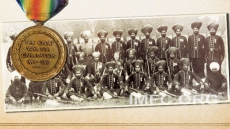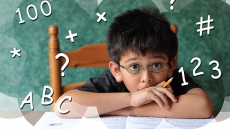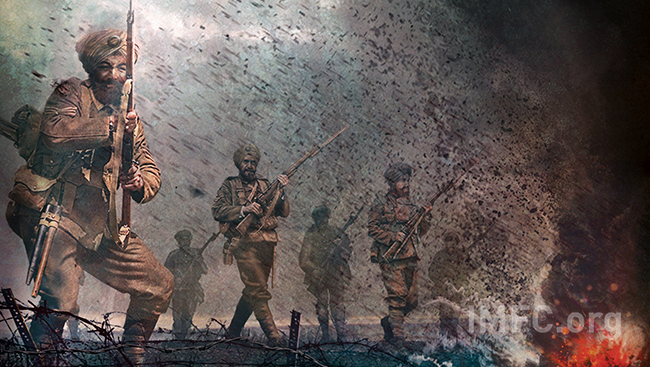Journaling, often seen as a simple act of writing down thoughts, emotions, and reflections, holds profound therapeutic benefits that can positively impact mental well-being. In a world filled with overwhelming messages constantly flowing our way, journaling forces us to pause. Registered Clinical Counsellor, Jasmine Gill, underscores the transformative power of journaling, "Journaling allows a space to dialogue with yourself about what emotions and reactions you are having to something."
One of the primary benefits of journaling is its ability to facilitate emotional awareness and expression. Gill explains, "It forces us to confront how we feel about something, simply by naming what is happening both externally (about an event, or situation) and internally (how we feel about it)." This process not only clarifies emotions but also fosters introspection, enabling individuals to navigate complex feelings in a safe, structured manner.
Moreover, journaling provides a sanctuary for thoughts that might be difficult to verbalize. "If you are struggling with a relationship dynamic — whether with parents, a partner, or friends — and are worried about what to say to that person and how they might take it, writing a letter to them that you do not send can be a wonderful way of fully expressing your emotions without having to put yourself in a vulnerable position directly with them.", Gill notes. Journaling offers a safe space, especially when dealing with sensitive topics like relationships or personal challenges.
Another compelling aspect of journaling is its capacity to rewrite personal narratives. "We can’t change what’s happened in the past, but we can try to change how it impacts us in the present. Journalling allows just that. By revisiting a painful memory or internal narrative we have about a challenging event, we can reflect on what we would have wanted differently. We can change the ending, change the dialogue, and write what we might have wanted to say, but in the moment, for whatever reason, couldn’t.", emphasizes Gill.
As such, reflecting on past experiences through writing enables individuals to revise perspectives, imagine different outcomes, and heal emotional wounds. It is a way to process and reshape how past events continue to impact our present. Gill points out that the beauty of journaling is that it is supposed to be messy; it can be an unedited collection of thoughts, emotions or ideas. For those new to journaling and wanting more structure, Gill offers insightful prompts to spark reflection and engagement:
- Looking back at the day, what made me feel emotional? How do those emotions sit in my body? What am I most aware of in my body?
- What are 5 things I am feeling grateful for in my life?
- How do I want others to perceive me? And is that how I perceive myself?
- Think back to a time when I felt proud of myself. Who was there? Reflect on how that experience was, in detail. And how do I feel now thinking about it?
- If I could tell someone I cared about this feeling that I am feeling right now, without censoring myself, what would I say, and how do I imagine that person would respond to me?
While prompts offer a structured entry point into journaling, you may come up with your own ideas as well. The intention is to encourage a range of introspective explorations, helping with self-awareness, emotional processing, creativity, and achieving personal and professional goals.
Whether used for daily reflections, emotional processing, or goal setting, journaling serves as a versatile tool for personal growth and self-discovery. Integrating journaling into daily routines can foster emotional resilience and promote mental clarity. By embracing this practice, individuals can cultivate a deeper understanding of themselves, nurture emotional health, and embark on a journey of personal transformation!







